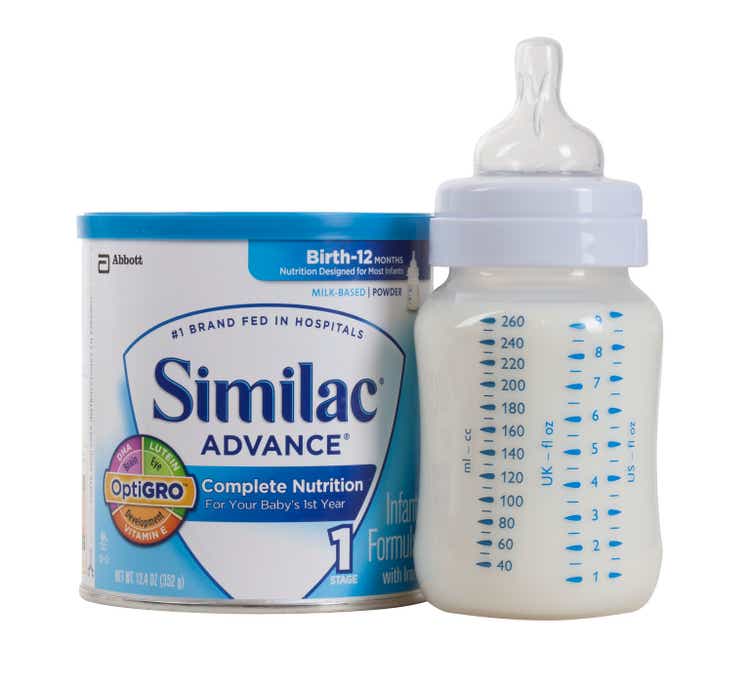Named beneficiaries vs the property—which is best?
Thanks for writing in, Catherine. A standard factor we take into consideration when doing our property plan is methods to make transferring our belongings and cash to family and friends go easily. So, naturally, this brings up the questions: How do you have to deal with your funding accounts? And what makes probably the most sense in your scenario?
First, let’s evaluate the professionals and cons of naming beneficiaries in registered accounts versus not naming anybody and having the account move by way of to the property.
Naming beneficiaries on registered accounts
Relying upon the kind of registered funding account you maintain, Catherine, there could also be some planning alternatives for the asset. In each province and territory, apart from Quebec, Canadians can identify beneficiaries on the registered account. (Notice: Below Quebec’s laws, you possibly can solely achieve this in a will.) The sorts of accounts that permit for named beneficiaries embody registered retirement financial savings plan (RRSP), registered retirement earnings fund (RRIF), tax-free financial savings account (TFSA), registered training financial savings plan (RESP), and segregated funds. In distinction a non-registered account doesn’t permit for the naming of beneficiaries and due to this fact the account will go to the property if there isn’t a surviving joint account holder.
Whereas every sort of registered account has guidelines and conditions on what number of beneficiaries will be named or who will be particularly added as a beneficiary, the professionals and cons for naming beneficiaries under will be generalized.
Execs
The most important professional for naming beneficiaries for a registered funding account could be that the asset would then keep away from probate tax. Probate tax is a price paid when the executor of the property applies to the courtroom for his or her certificates of appointment, which grants them the authorized authority to manage the property.
Catherine, this will turn out to be expensive, relying on which province you reside in. In Ontario, for instance, the speed is 1.5% calculated on the property’s belongings (after the primary $50,000). Whereas in Alberta, the charges are flat-rated based mostly on the property’s worth in a laddered strategy (i.e., $10,000 or underneath is $35). Naming beneficiaries instantly on these accounts permits the funding to bypass the probate course of and the asset will be despatched on to whomever you’ve named.
One other profit could be privateness. You possibly can instantly identify a beneficiary on the registered funding accounts, and nobody must know. Other than your self, the monetary establishment and the beneficiary, in fact. This may very well be useful if there was somebody you have been hoping to go away cash to however didn’t need anybody else to be concerned.
Cons
Chances are you’ll be considering, what doable detrimental consequence might there be in naming beneficiaries in my funding account? It does appear to be a little bit of a no brainer; nevertheless, there will be some hostile tax penalties you need to be conscious of, Catherine. Whereas the funding account goes on to the named beneficiary, earnings taxes will nonetheless must be paid.
























